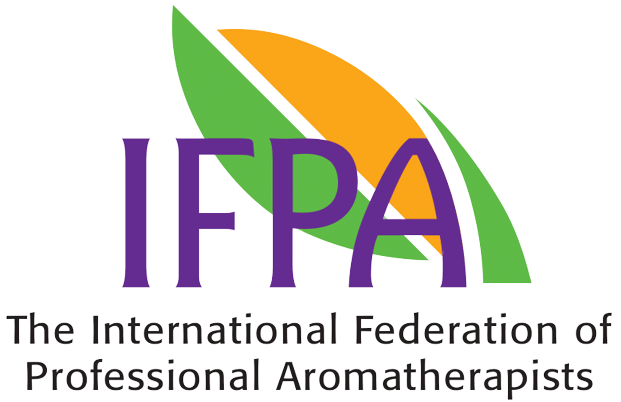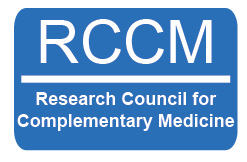about us
Complaints Procedure
Index to the IFPA Complaints Procedure:
Introduction
This document sets out our Complaints Policy and Procedure and is aimed at our therapists, schools, students and all interested parties who encounter a direct or indirect service from the IFPA. Our aim every day is to exceed the expectations of our customers. We are confident of providing a high-quality service and would be extremely disappointed if this is not the case. Therefore, it is important should you feel you have encountered a level of service that is below both your and our expectations, that you raise any concerns you may have with us immediately so that we may address them and learn lessons.
Scope
This policy covers complaints students, members of the public, clients or schools may wish to make in relation to the qualifications and associated services offered by the IFPA. It is not to be used to cover enquiries about services offered by the IFPA or appeals in relation to decisions made by the IFPA. Should a complaint be submitted which is in fact an enquiry or an appeal, the IFPA will respond to inform the relevant party that the issue is being considered in accordance with our Appeals Policy. If you are unhappy about the way an examination or assessment was delivered and conducted and you suspect malpractice may have occurred, you should send your concern to the IFPA in accordance with the arrangements in our Malpractice and Maladministration Policy.
School’s responsibility
The IFPA suggests that all staff involved in the management, assessment and quality assurance of our qualifications, and your students, are aware of the contents of this policy and that your School has a Complaints Handling Procedure and Appeals Process in place to deal with complaints from students about the services they receive from your school.
Review arrangements
The IFPA will review the policy and its associated procedures annually as part of our self-evaluation arrangements and revise it as and when necessary in response to client, student or Regulatory feedback (e.g., to align with any Appeals and Complaints Process established by the Regulators) and any trends that may emerge in the subject matter of complaints received. If you would like to feedback any views, please contact us via the details provided below.
How should I complain?
All the IFPA staff have been trained to help clients and they all like to help, so you should first try to sort out any problem at the earliest opportunity by speaking to the school manager or principal, therapist or therapist’s employer.
If they cannot help or you wish to speak to someone else or if you are not satisfied with the help provided by that person, please send a written complaint, normally within 20 working days of the event you are complaining about, and address it to the IFPA at the contact details outlined at the end of this policy. Students and/or members of the public who wish to complain about a level of service provided by the school at which they have taken an IFPA qualification should have exhausted their School’s own complaints process before bringing the complaint to the IFPA. However, Students can
make the complaint directly to the IFPA in exceptional circumstances where they feel there was a significant breach by the School of the IFPA’s various procedures.
If I complain what details do I have to give?
When you contact us, please give us your full name, contact details including a daytime telephone number along with:
For students complaining about a school: a report that should contain the following if possible and relevant
- Copies of correspondence between the school and the student regarding the complaint
- A statement of the circumstances and facts surrounding the complaint
- Written statements from all students concerned
- Details of the school’s procedure for informing students of the IFPA’s policies
- Any work of students and other assessment material relevant to the investigation
- Any other supporting documents relevant to the complaint
The IFPA will, if it feels necessary, contact the School directly for their comments on the complaint ensuring confidentiality regarding the students concerned. The School has 10 working days to respond.
Each complaint will be considered on an individual basis by the IFPA Complaints sub-committee based on all the information provided by the
School.
The IFPA will contact the School/Student in writing within 20 working days of receipt of the complaint outlining any further action the IFPA may take.
The IFPA will write to the School outlining any actions or sanctions in accordance with the IFPA Policies.
For Members of the Public, Clients, or employers complaining about a therapist: a report that should contain the following if possible and where relevant
- Copies of correspondence between the complainant and the therapist or his/her employer regarding the complaint
- A statement of the circumstances and facts surrounding the complaint
- Written statements from all individuals concerned
Any other supporting documents relevant to the complaint
Each complaint will be considered on an individual basis by the IFPA Complaints sub-committee based on all the information provided by the complainant and therapist.
The IFPA will contact the complainant in writing within 20 working days of receipt of the complaint outlining any further action the IFPA may take.
The IFPA will write to the complainant outlining any actions or sanctions in accordance with the IFPA Policies.
Confidentiality and whistle blowing
Sometimes a complainant will wish to remain anonymous. However, it is always preferable to reveal your identity and contact details to the IFPA and if you are concerned about possible adverse consequences, please inform the IFPA that you do not wish for your identity to be divulged. If it helps to reassure you on this point, the IFPA can confirm that it is not obliged to disclose information if to do so would be a breach of confidentiality and/or any other legal duty. While the IFPA is prepared to investigate issues which are reported anonymously, it will always try to confirm an allegation by means of a separate investigation before taking up the matter with those to whom the complaint/allegation relates. At all times it will investigate such complaints from whistle blowers in accordance with relevant whistle blowing legislation.
What will happen to my complaint?
The IFPA will acknowledge receipt of your complaint within 4 working days, letting you know who is investigating your complaint.
The IFPA aims to investigate the complaint within 14 working days. If your complaint is more complex or involves people who are not available at the time, the IFPA may extend this by 10 working days. The IFPA may contact you within this period to seek further information or clarification (in some instances recommending a meeting). At the end of the investigation the IFPA will write/email to inform you of its decision.
What happens if my complaint is upheld?
If any part of a complaint is upheld the IFPA will respond to the Complainant accordingly and give due consideration to how to improve its service and arrangements. For example, by reviewing procedures to assess the impact on its arrangements and assessment process (if relevant) or arranging for staff training. In extreme circumstances, internal disciplinary procedures may be exercised where the performance or behavior of staff is deemed inappropriate.
In situations where a complaint has been successful and indicates a failure in the assessment processes, the IFPA will, as appropriate, take actions such as:
- Identifying any other student/client who has been affected by that failure
- Correcting, or where it cannot be corrected, mitigating as far as possible, the effect of the failure
- Ensuring that the failure does not recur in the future
What if I am not happy with the reply?
If you disagree with the decision the first point of call is the IFPA. If you are still unhappy with the decision taken by the IFPA in reviewing the complaint you can, where relevant, take the matter through the Appeal arrangements which are outlined in the IFPA Appeals Policy. If, after you have exhausted the Appeals arrangements and you are still unsatisfied with the outcomes, you can complain/appeal directly to the relevant Regulatory Authority for the qualification.
Please contact us using the following details if you have any queries about the contents of the policy. The telephone number is 01455 637987 and the email is [email protected]




